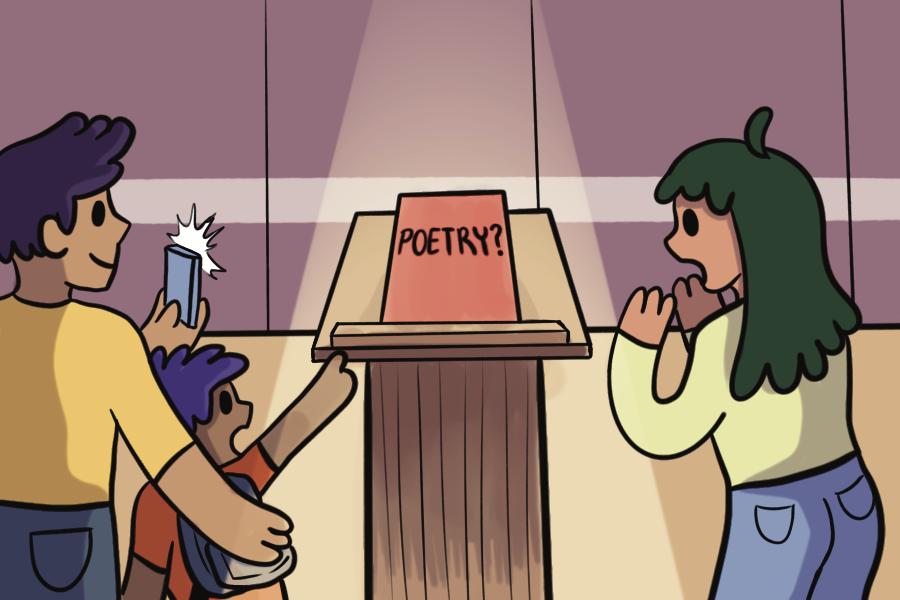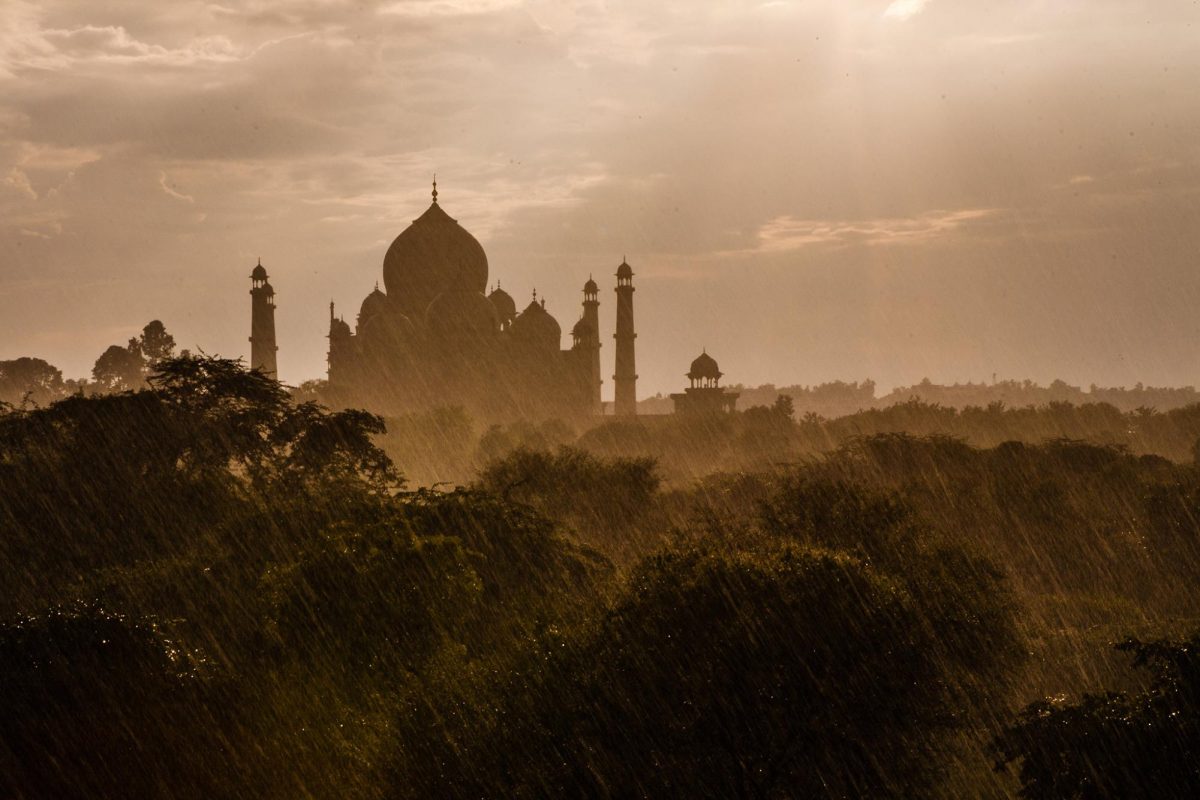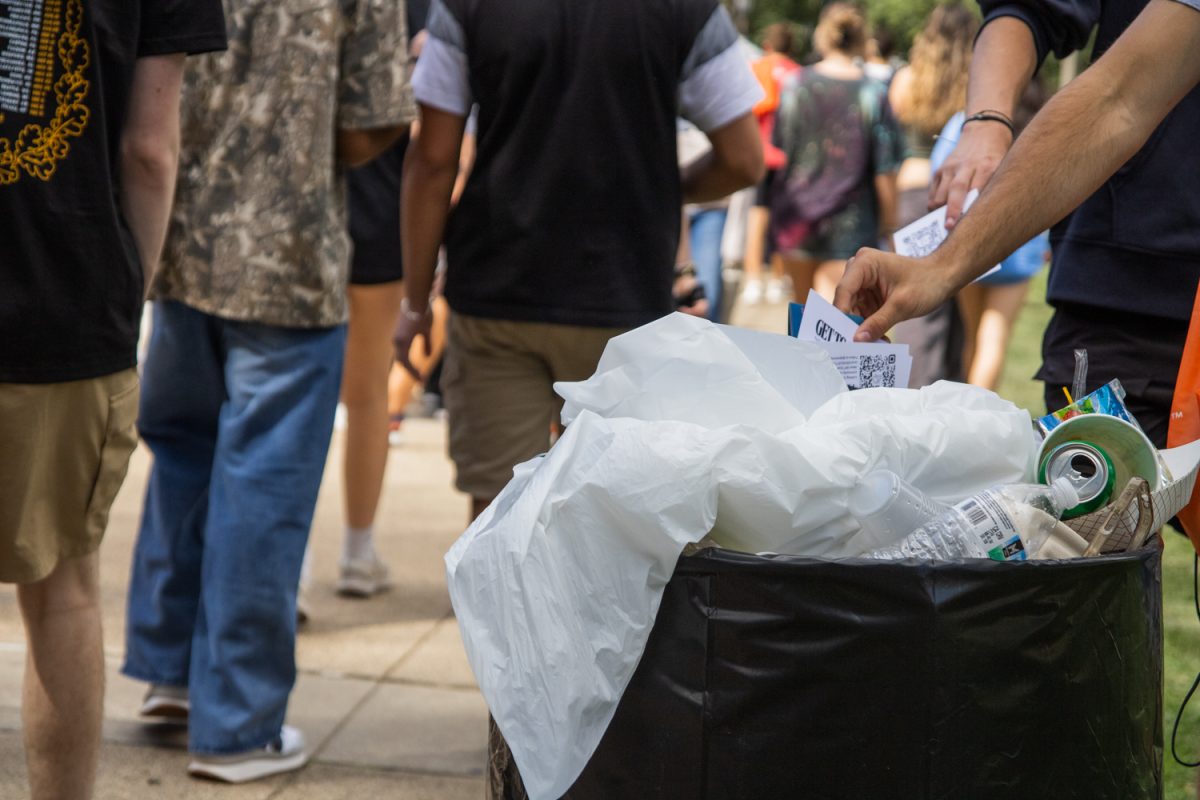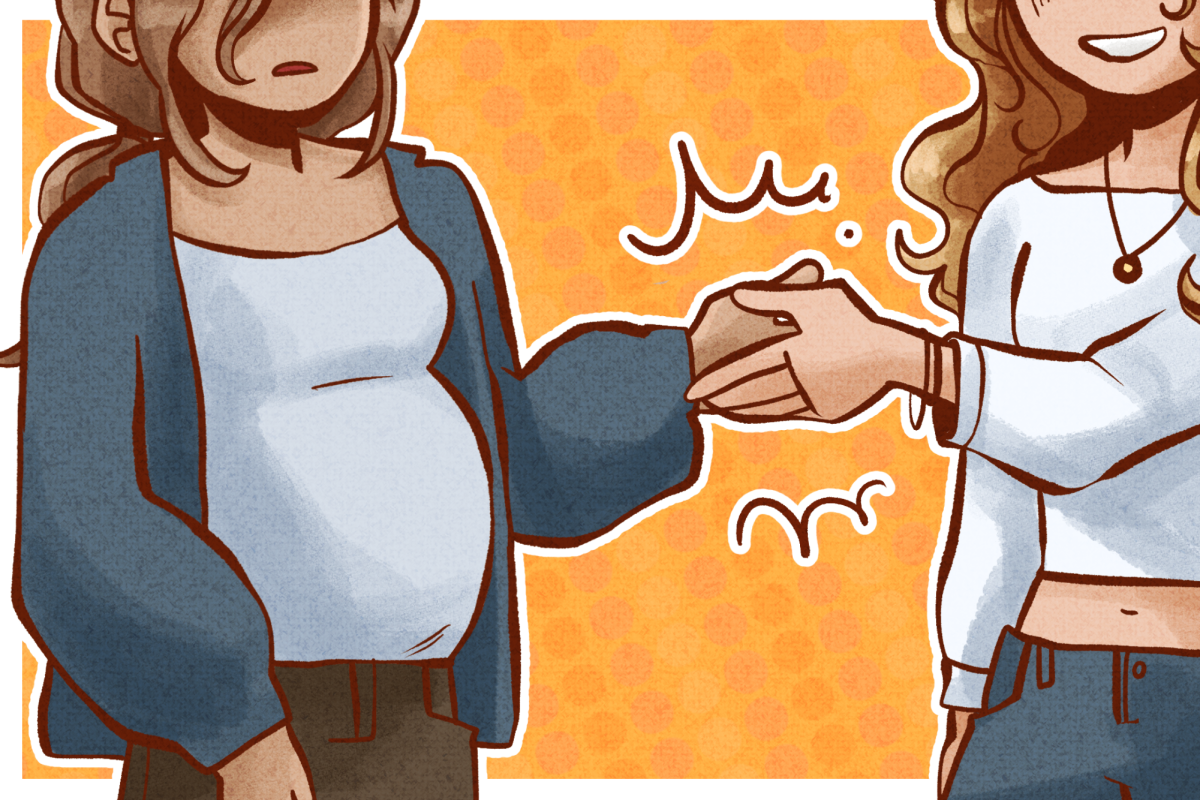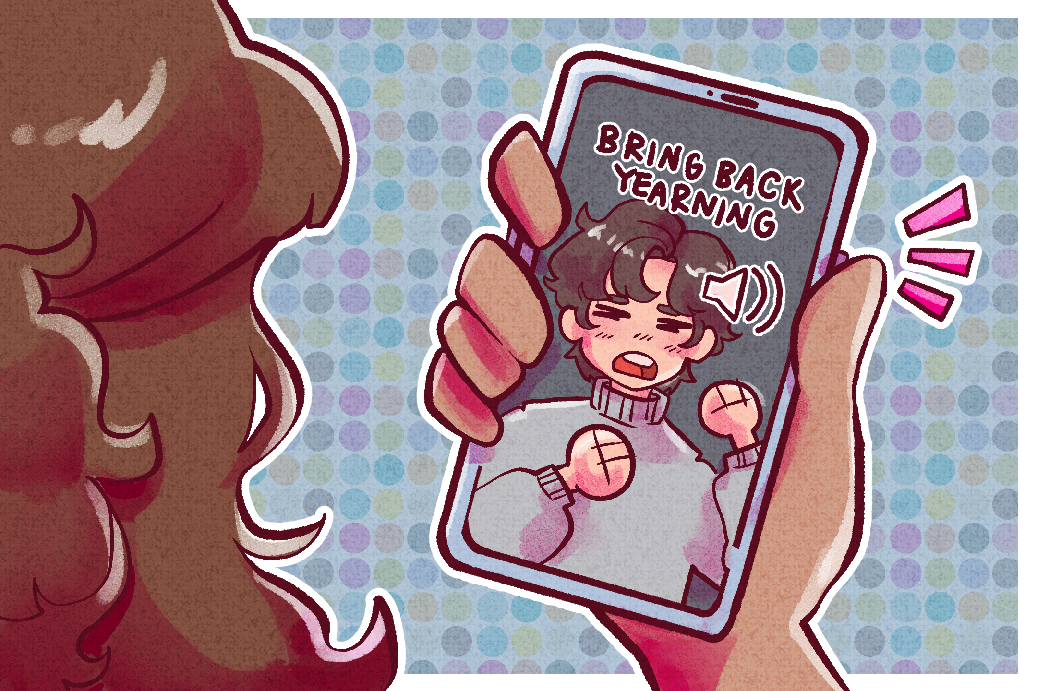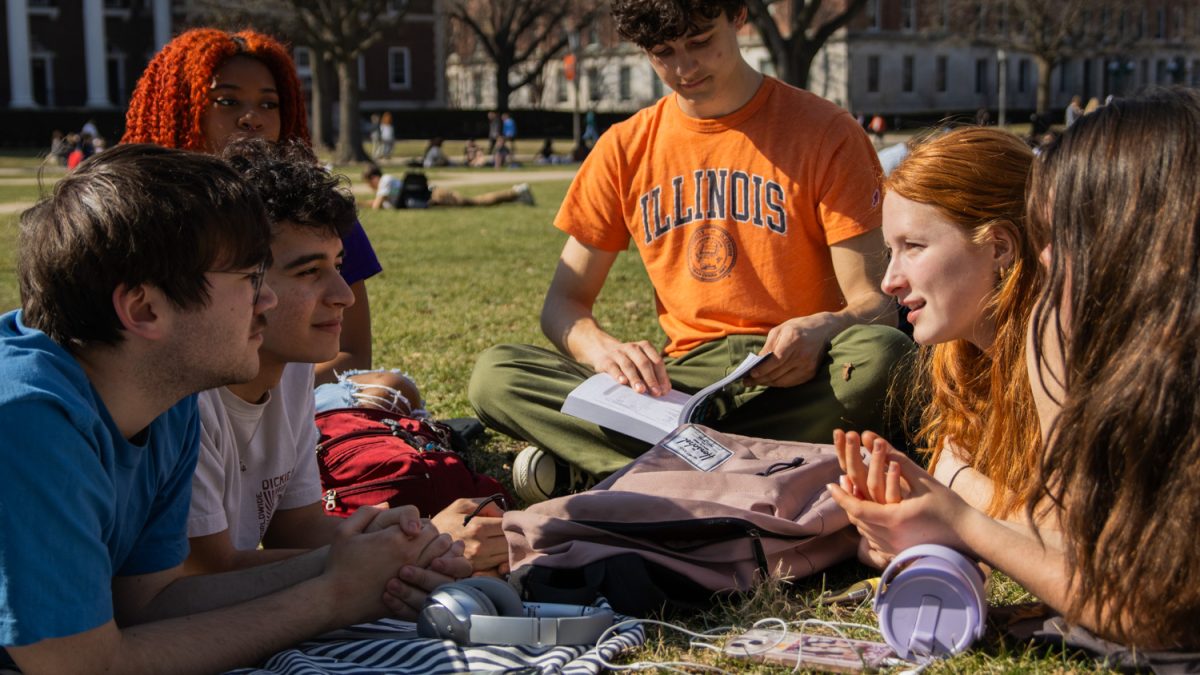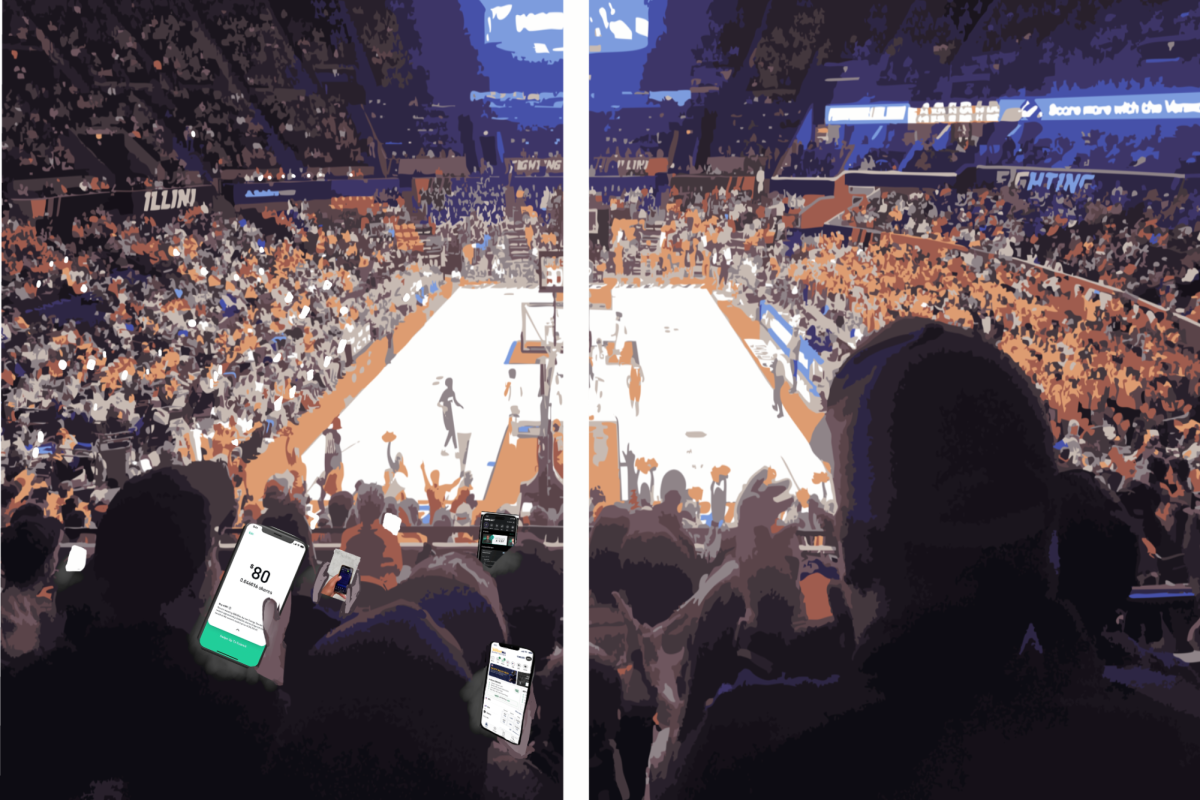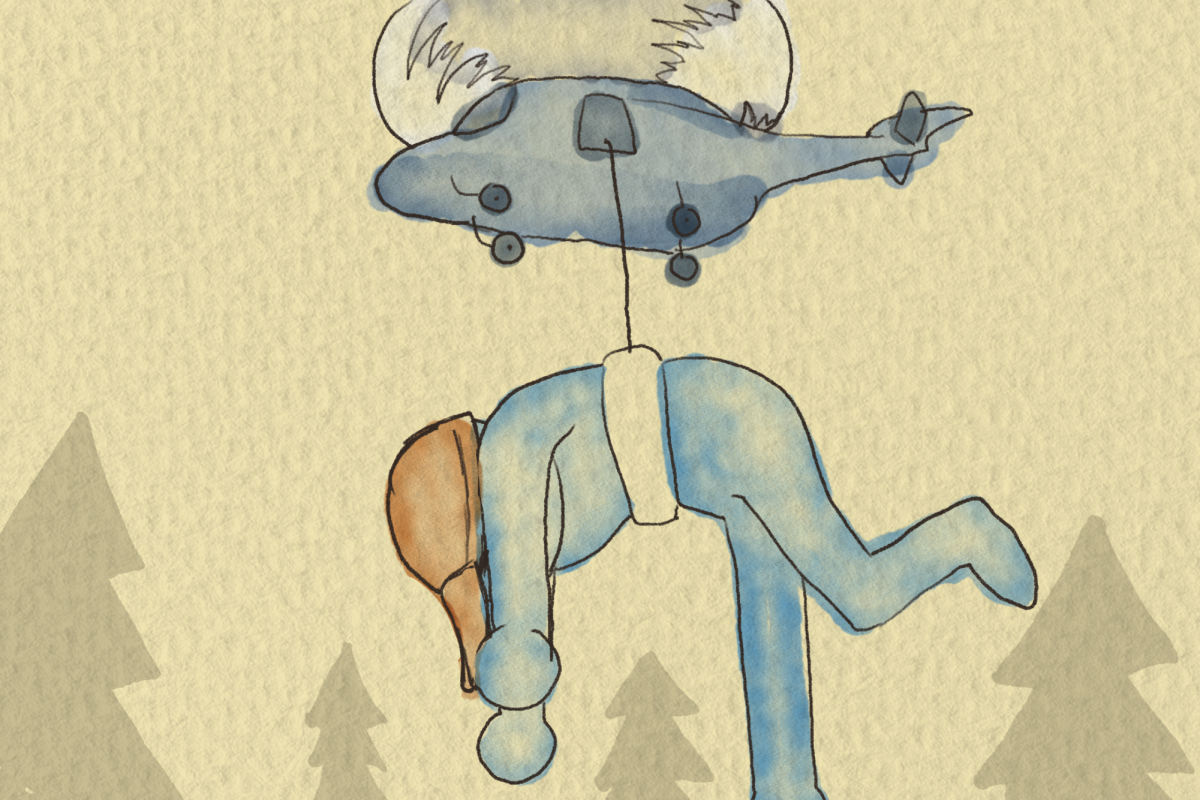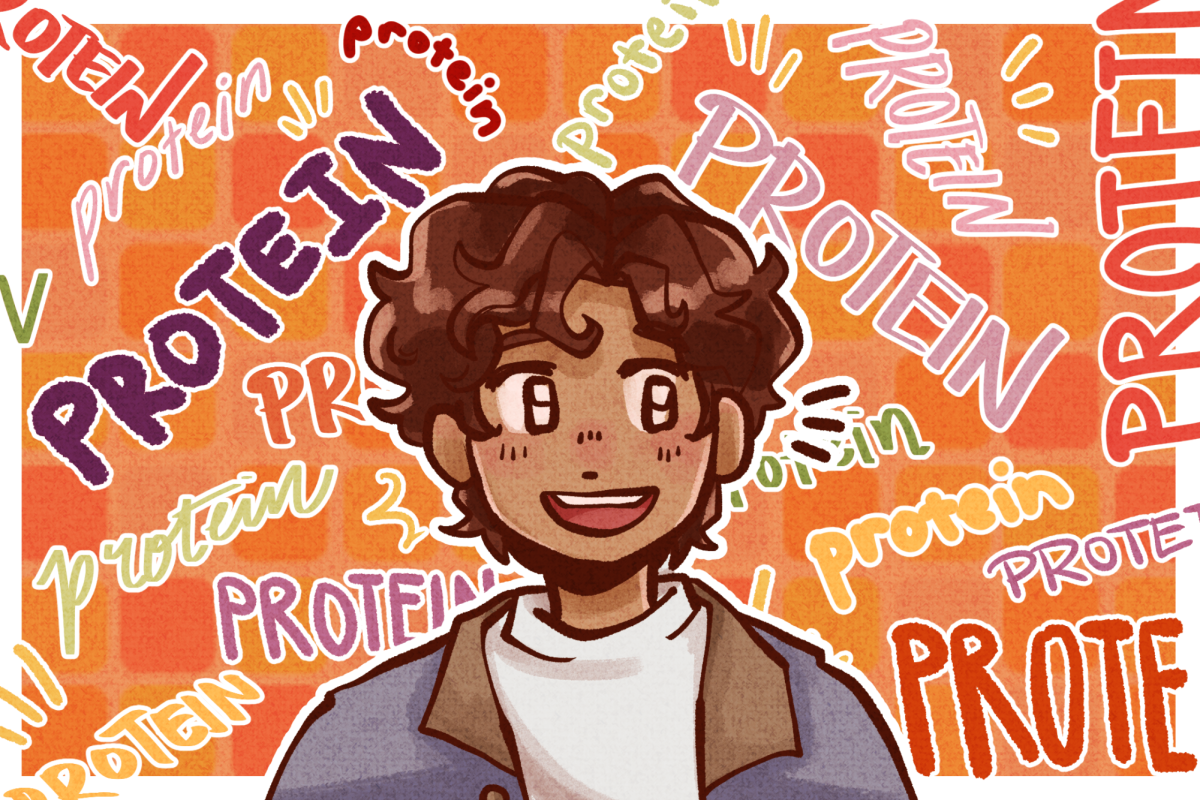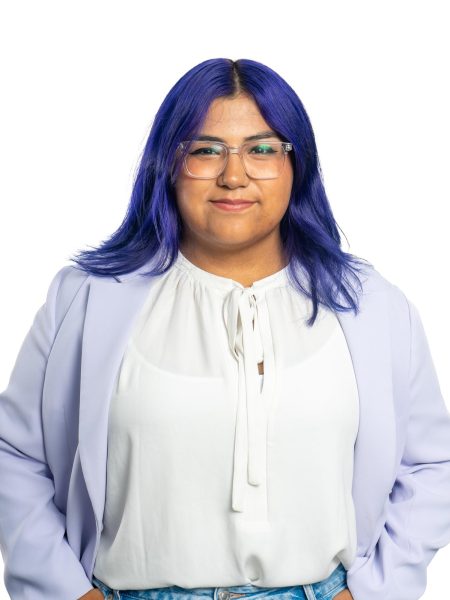In 1968, Margaret Ackerman of the University of Arizona authored a paper for The English Journal in which she included a summary of what poetry meant to most of her students: “sentimentality, effeminacy, pretentious diction, circumlocution, and obscurity.”
Fifty-five years later, I feel poetry gets the same bad rap.
That’s a shame because, as Ackerman says, none of those things are typically true of good poetry — though good poetry has been written to challenge the legitimacy of such gendered charges as “effeminacy.” These traducements are probably less the fault of poetry itself and more the fault of the pretentious presentation of poetry, the kind likely to use such words as “traducements.”
The argument in favor of poetry is probably hindered by the fact that it is led by poets. What I mean by this is two-fold. First, there’s the element of imagined insincerity. If a poet puts out an essay titled “You Should Read Poetry,” the reader, fairly or unfairly, understands that the real title is, “You Should Read (My) Poetry.”
Second, there’s the issue of overstatement. Poets — as you might expect — are masters of hyperbole, grandiloquence and metaphor. Here are some poets describing their craft:
Get The Daily Illini in your inbox!
“Poetry is ordinary language raised to the nth power,” wrote Paul Engle.
“The poet is the priest of the invisible,” wrote Wallace Stevens.
“Poetry is a sword of lightning, ever unsheathed, which consumes the scabbard that would contain it,” said Percy Bysshe Shelley.
“Poetry is all that is worth remembering in life,” claimed William Hazlitt.
You read these advertisements — though they weren’t meant as advertisements — and then someone recommends you something like “Elegant Things” by Sei Shonagon and then you … you just don’t get it. Where’s the sword of lightning? You’re left waiting for that vaunted priest of the invisible.
Imagine the same statements said of a lower-brow medium. “TV is ordinary video raised to the nth power.” “TV is all that is worth remembering in life.” It’s patently ridiculous. And they would likely inspire resentful feelings toward TV among the public.
My point, ironically, is that the defense of poetry must not be poetic. Because even though I know what Hazlitt really meant when he said, “Poetry is all that is worth remembering,” statements like that elicit misleading expectations.
For example, take two of those negative connotations that Ackerman listed: sentimentality and obscurity. I honestly believe that these misconceptions are directly the fault of a well-intentioned but ultimately destructive obsession with the “meaning” of poetry.
In school, teachers always ask you, “What does this poem ‘mean?’ What is the ‘meaning’ of the repetition?” They glue your hands to the shovel and ask you to dig the so-called “meaning” out of a poem. And then the poem is the most confusing thing you’ve ever read.
The result is that you want to give up. You feel like poetry is something you don’t understand because you can never find the “meaning” everyone is always talking about. Worse, other people keep pointing out the “meaning” in the most absurd places: a food metaphor, a repetition of the word “light.” You chalk it up to nothing less than sentimentality and obscurity.
If it weren’t for all the pretense and the stress over whether or not we understand the “meaning,” people might actually understand the meaning of poetry a whole lot better. I actually love “Elegant Things,” not because I think I’ve cracked the secret meaning underneath Shonagon’s simple list, but because I enjoy imagining why these things came to her mind as elegant, and the memories they must’ve been a part of.
It strikes me that people read poems, and before they decide whether or not they like them, they decide what the “meaning” is. Could you imagine doing that for a song? How about a movie?
Poetry isn’t something we have to analyze. It doesn’t need to involve writing essays, and it doesn’t need to come packaged with literary ostentation. It’s something we can enjoy for itself.
We’d enjoy it a lot more if we realized that.
Noah is a freshman in DGS.



